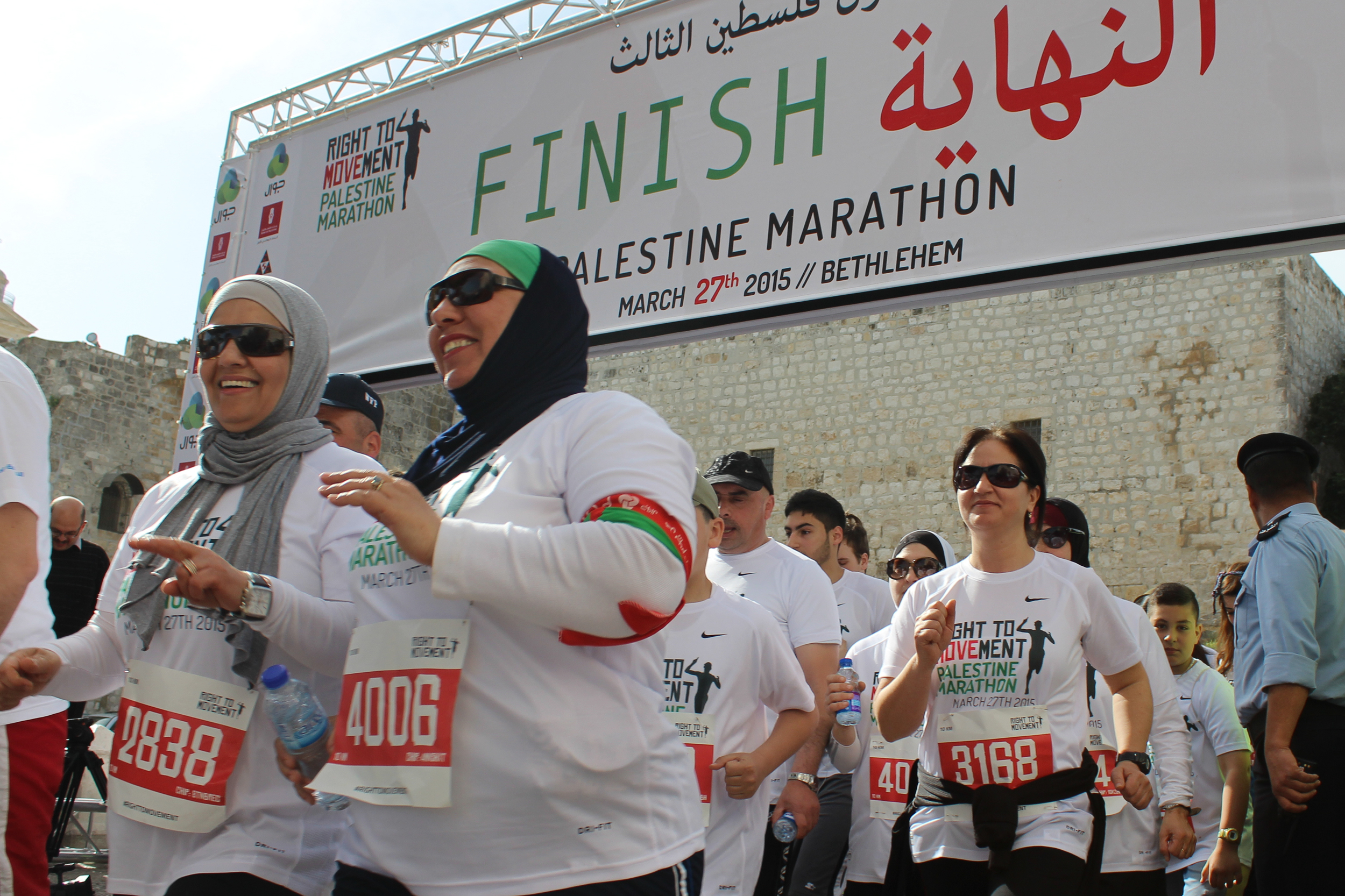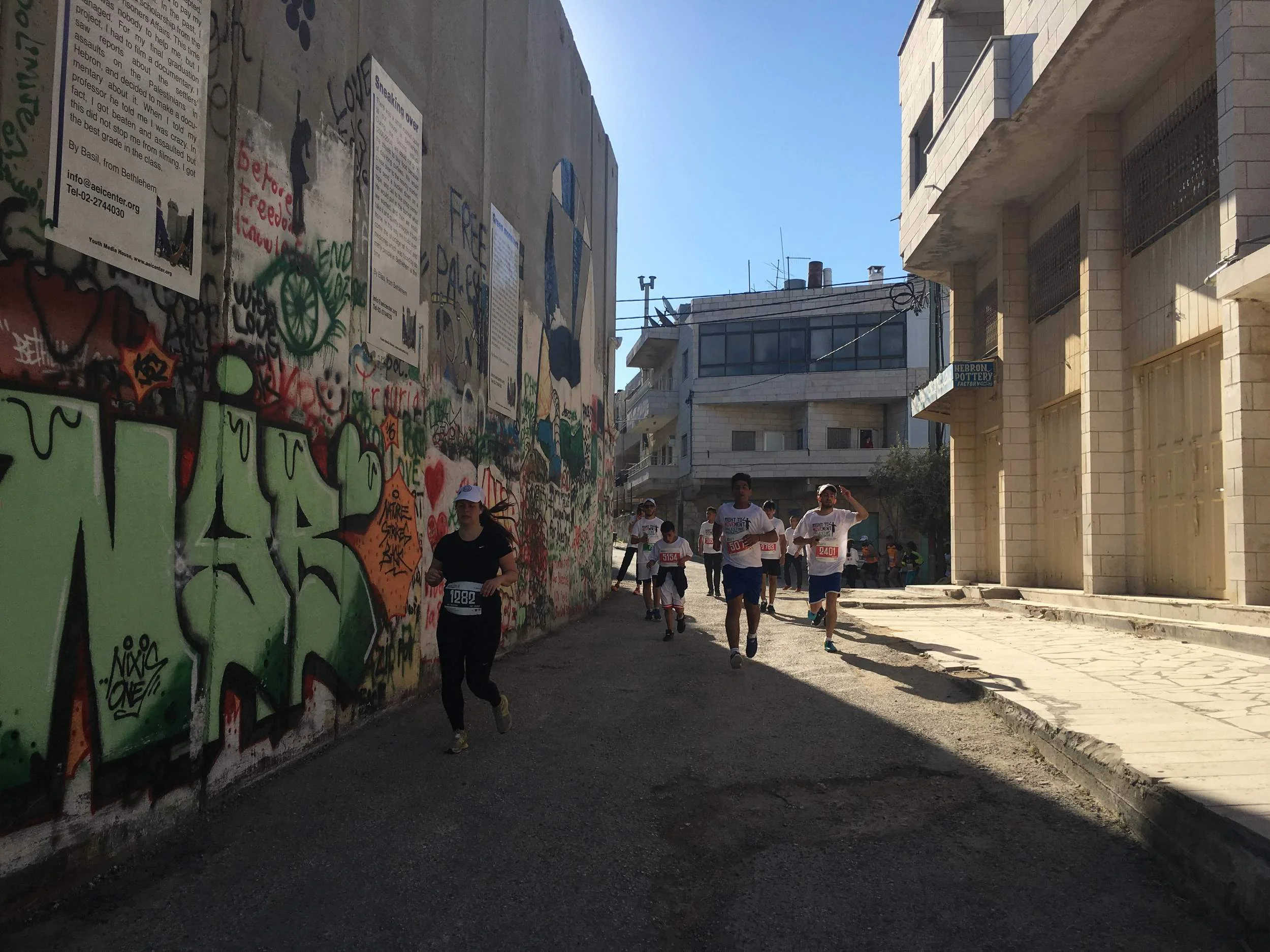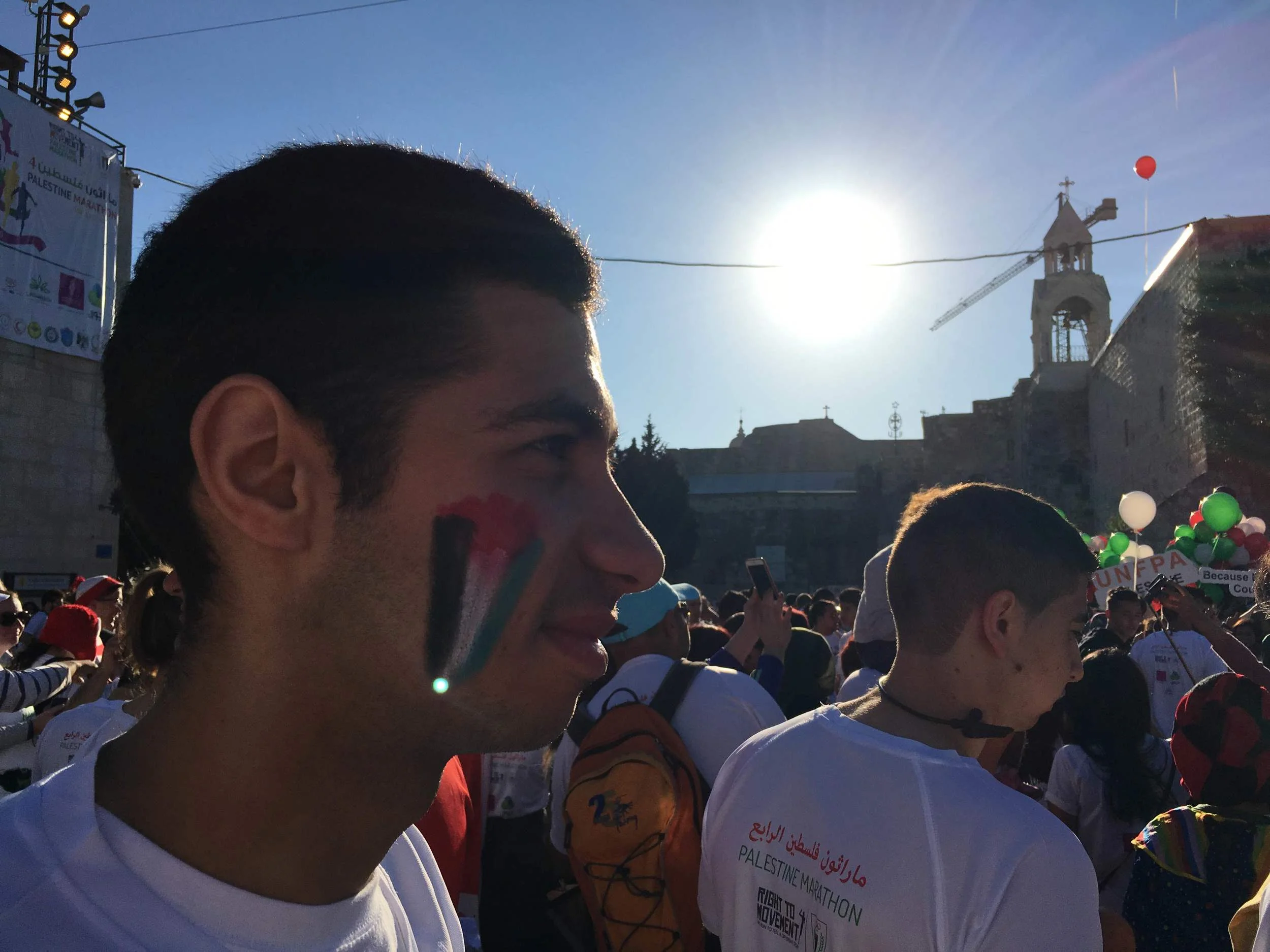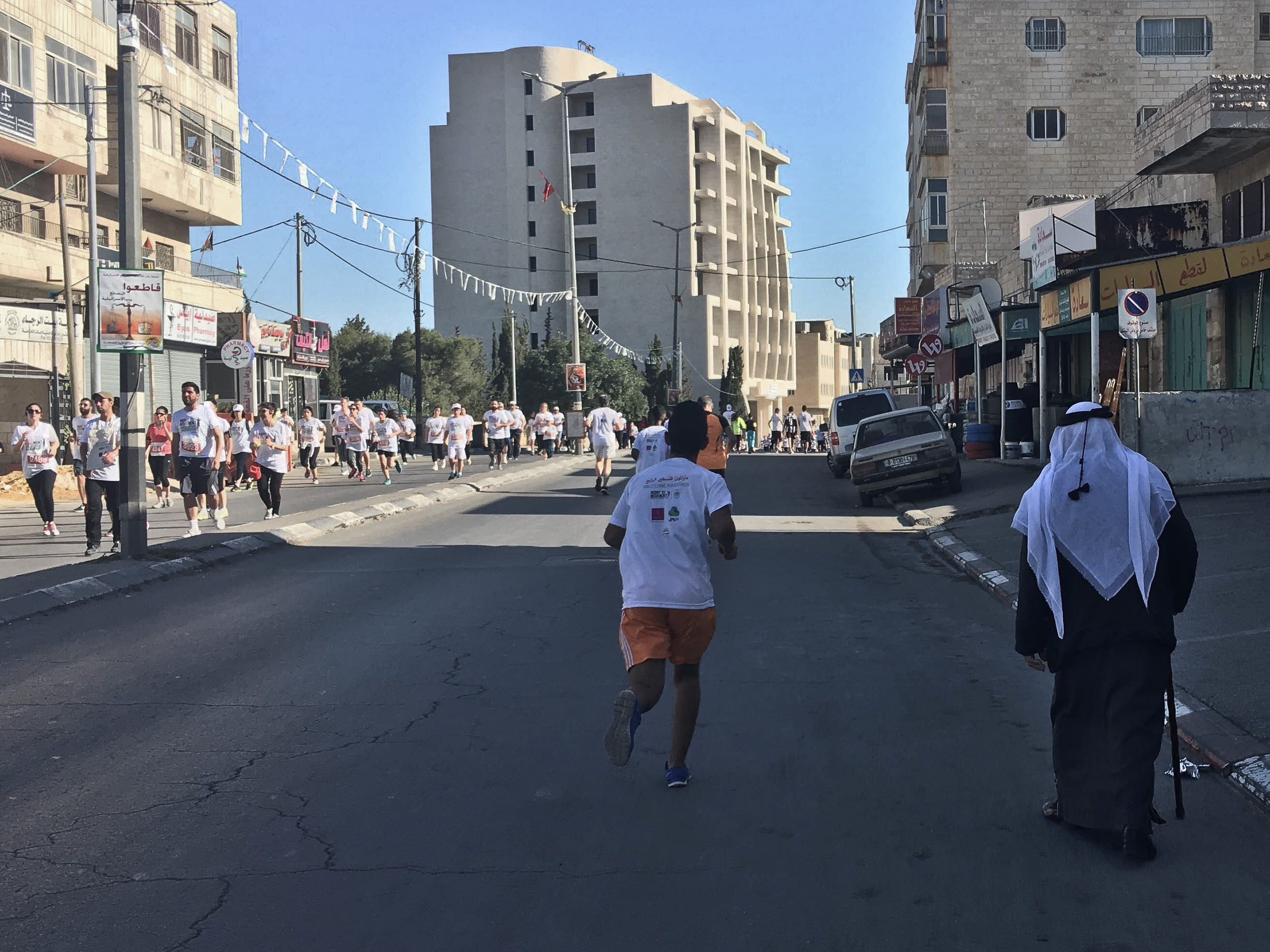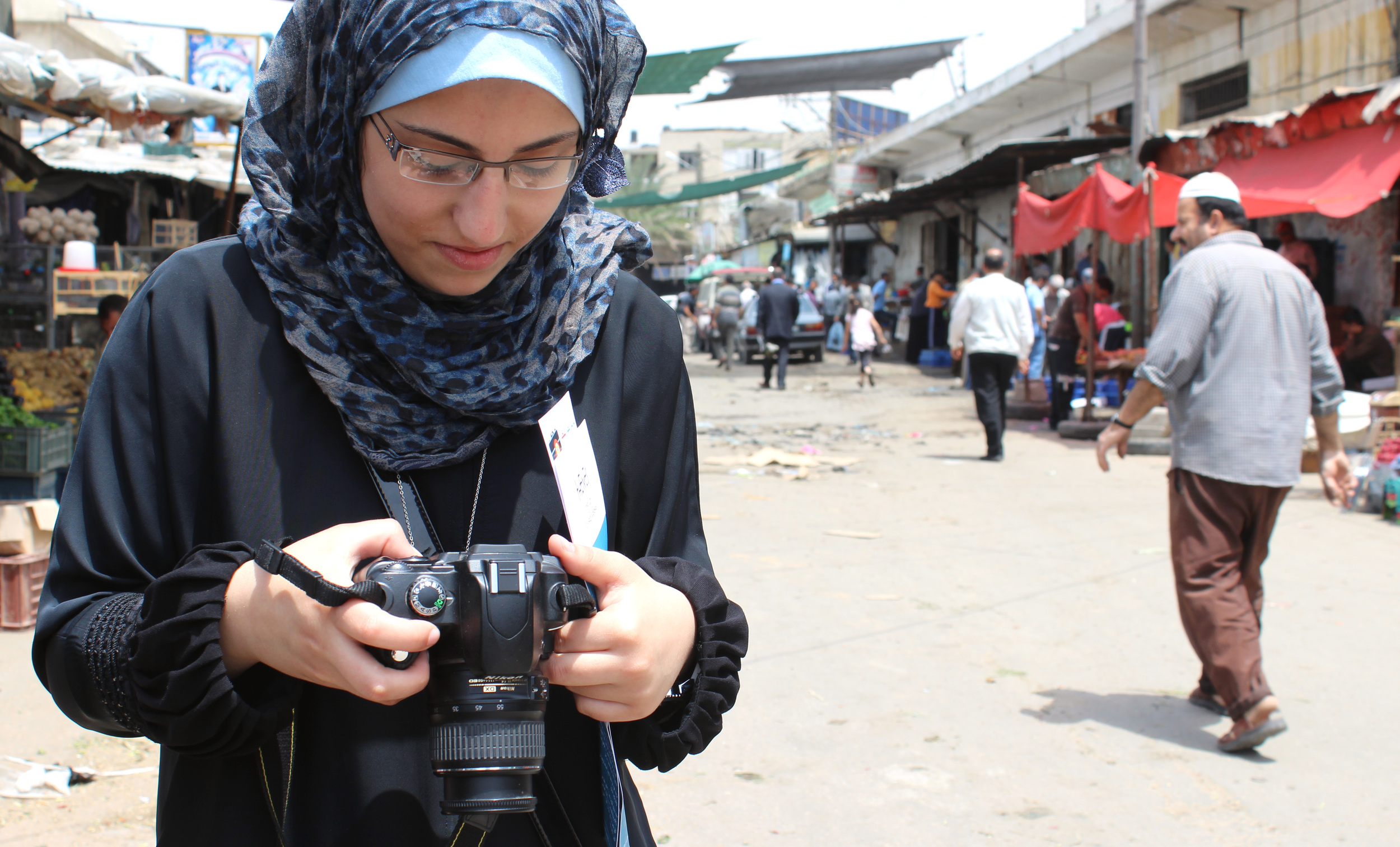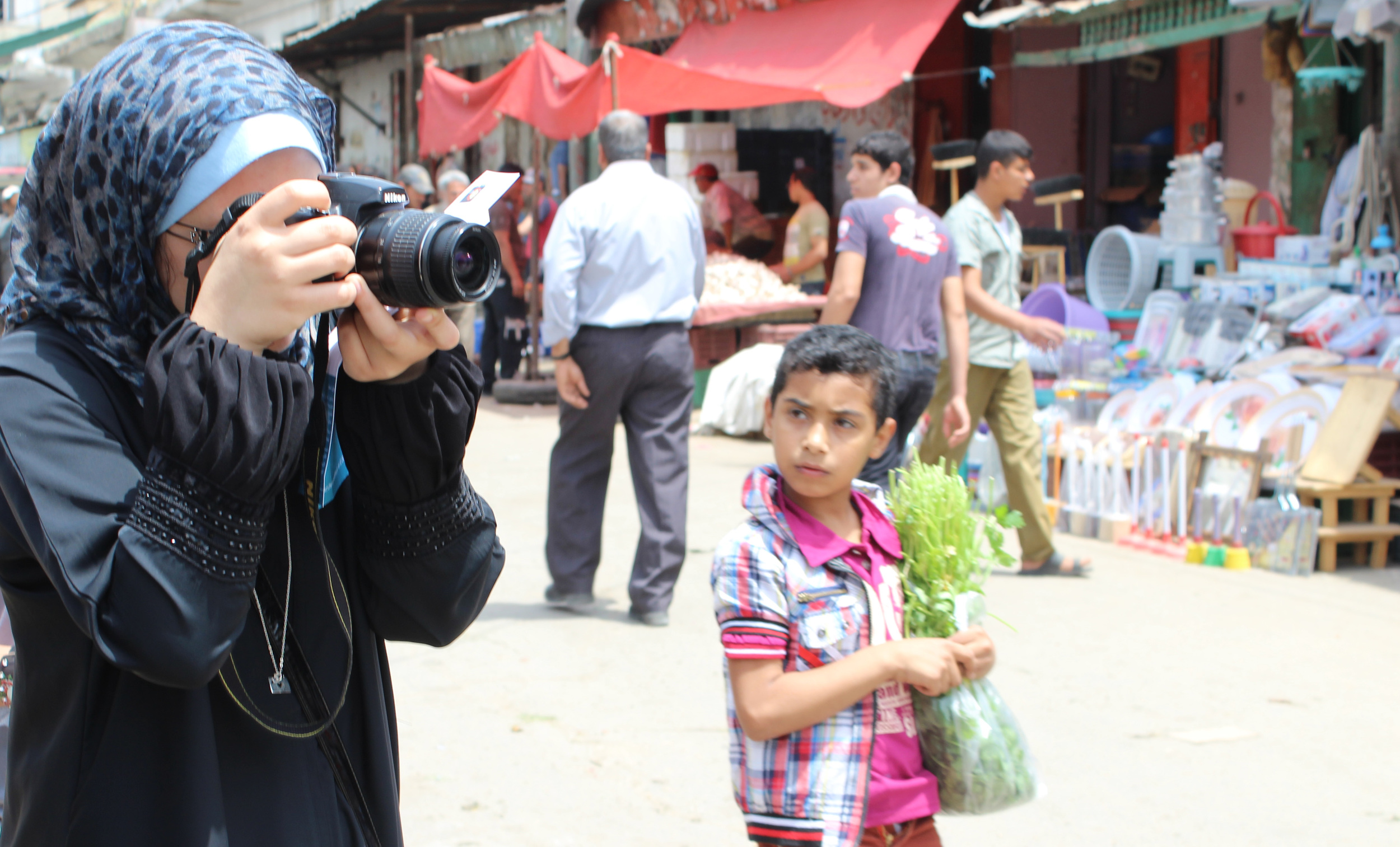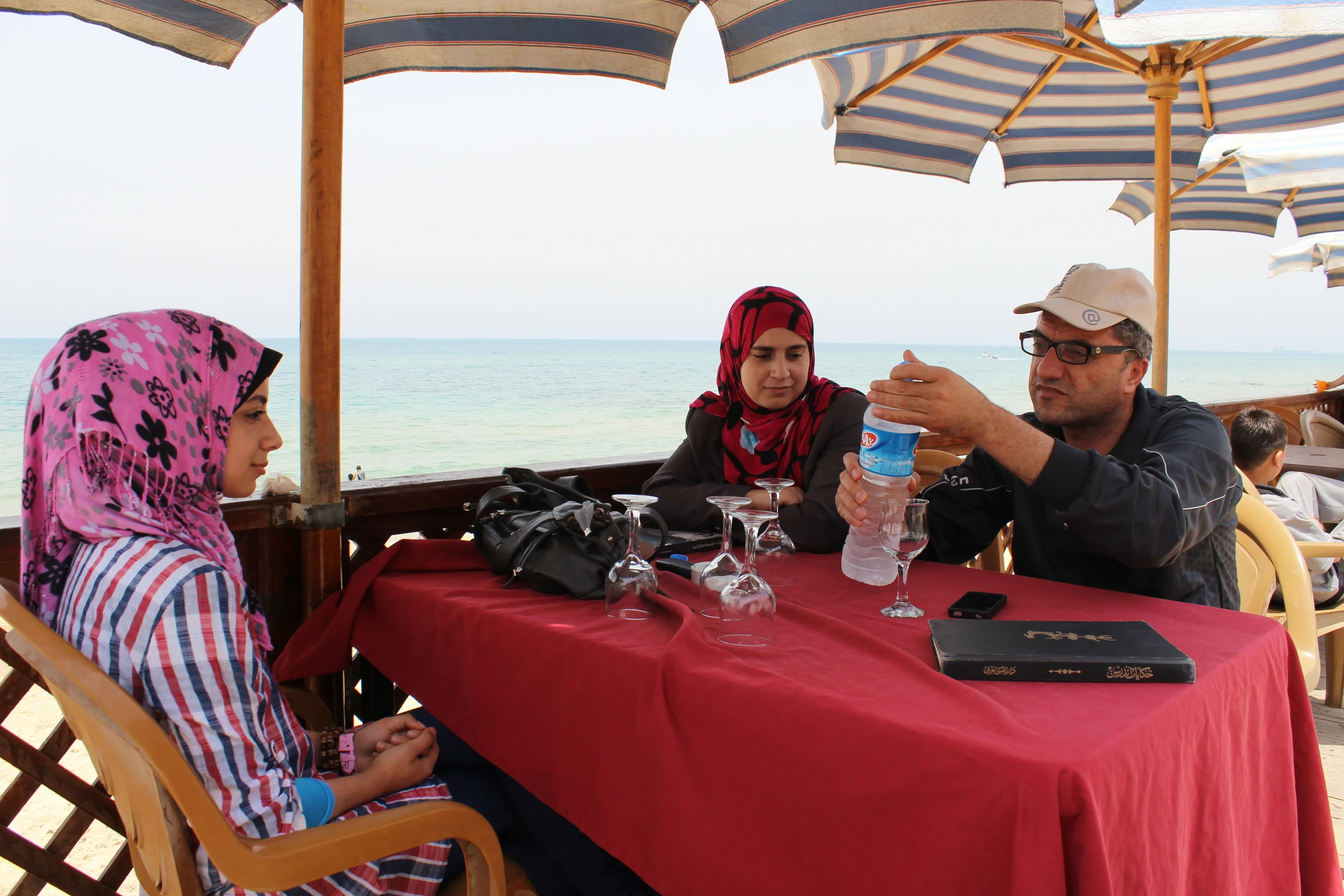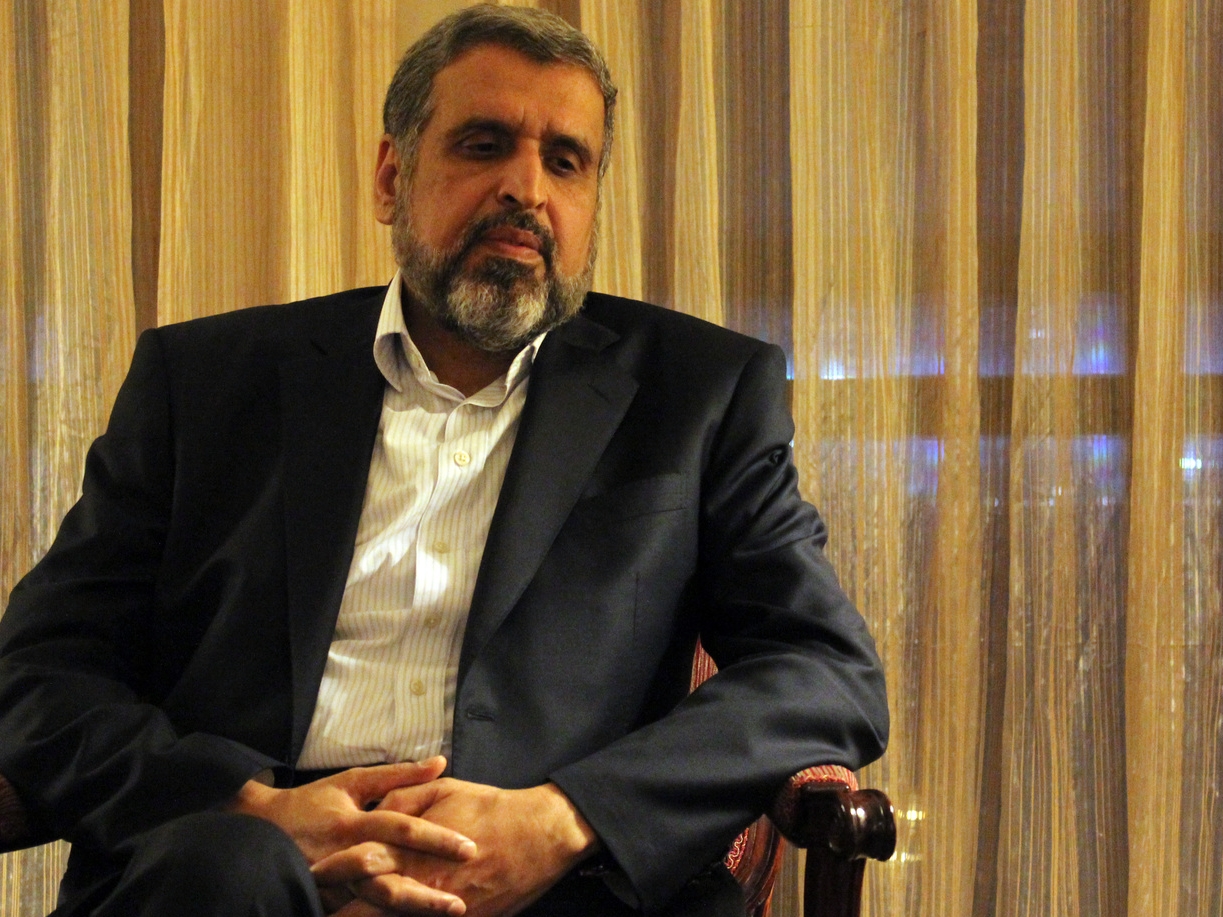Around 50 Gaza men and women — mainly youths — participated in the Palestine Photo-Marathon, a photo competition arranged by Danish House in Palestine.
Looking through the lens of her digital single-lens reflex camera, 16-year-old Asmaa Alkhaldi saw birds in cages, piles of coal, shops abounding with fruits and vegetables and a horse pulling a carriage. She was standing at the entrance to the old market in Gaza City trying to capture a good scene. Alkhaldi was the first of 150 people who had signed up for the competition, which also took place in Ramallah and Nablus in the West Bank as well as in Jerusalem.
“I love to compete with others and I want to win,” she confidently told Al-Monitor, explaining that she uses photography as a way of expressing her feelings and particularly likes taking pictures of everyday street life.
But though the noisy street market could have been a typical scene from any Middle Eastern souk, Gaza is nowhere close to being a normal place. Spread around the city are huge piles of rubble from buildings bombed by Israeli rockets in November. There are bullet holes in buildings from “Operation Cast Lead” and posters of “martyrs” — people killed in the conflict with Israel — hanging everywhere. These were among the images Alkhaldi and her peers saw through the lenses of their cameras. These are images that also need to be captured, she said.
“Sometimes the conditions force you toward the subject. If you are in a war, you have to show the war: The conflict, the injured, and the dead people — it’s a part of Gaza. But on a sunny day, a normal day, I like to shoot pictures of kids and nature,” she said.
And since it was a sunny day and also a public holiday, families were flocking to the beach where women sat in groups talking while children played in the water. But being also the day after the targeted assassination of Haitham Al-Mishal, a part of this “normal” day was also seeing the Israeli navy patrolling a few miles from shore and the occasional sounds of drones and sonic booms.
At a beach cafeteria, the professional Palestinian press photographer, Mohammed Baba, was enjoying the weather with his family. He said young photographers have been reflecting the day-to-day reality of the ongoing conflict with Israel.
“Can you imagine how it affects a child who sees dead people, funerals, and their family crying? Or see a targeted assassination from the window of their school bus?” he asked. Baba said the sadness seen by Gaza youth is reflected in the pictures they take and share on social media, which are often militant or gory. He said he therefore tries to encourage young journalists to also focus their cameras on other aspects of daily activity, such as culture, the environment and social life.
Baba said young photographers also face other restrictions. The political divide between Hamas in Gaza and Fatah in the West Bank often leads to problems if they take pictures that shed a critical light on the Hamas government. And for female photographers, the conservative norms of society mean that they will typically not be allowed to walk around alone after dark or be in places that have many men.
Alkhaldi agreed that being both a young and female photographer in Gaza is not easy. She said she has been harassed by police and usually prefers to have her father by her side. But on this day she decided to go only with her 13-year-old brother and a girlfriend; both also took part in the competition. Alkhaldi said she didn’t face any problems that day, but others were not as lucky.
A group of men and women were stopped by authorities who took a camera memory card away from one of them, Karen Nordemann of Danish House in Palestine told Al-Monitor. She spoke at the French Institute, which was headquarters for the event in Gaza. Nordemann said that despite that incident, the day had gone well. She added that people had been genuinely enthusiastic and happy and that the event seemed to have fulfilled its purpose.
“There are so many pictures taken of Palestine — mainly by people who are not from Palestine — and they often focus on violence and conflict. With this Photo-Marathon we wanted to give Palestinians a chance to show how they see Palestine,” she said.
The event was launched last year in Jerusalem and Ramallah. Due to its popularity, the Ramallah-based organization decided to double the number of cities, which also led to there being twice as many participants. According to Nordemann, almost an equal amount of men and women registered; they ranged from age 8 to 76. After receiving a list of either six or 12 themes, such as “noise,” “decay” and “yesterday,” they had the equivalent number of hours to capture images representing their interpretation.
Nordemann emphasized the importance of including Gaza, explaining that it is often overlooked for such events due to the difficulties in getting there. But not least for Gaza residents is that the image they have of themselves and of Palestine is quite different than that presented by the international media. Nordemann explained that she was surprised to see how small a role war seemed to play.
In the coming days, a jury of professional Danish and Palestinian photographers will select the best pictures from the Photo-Marathon. The winners will be announced May 19. Until then, Alkhaldi must wait patiently and keep her fingers crossed, hoping that her pictures will stand out
For the original article see Al Monitor

